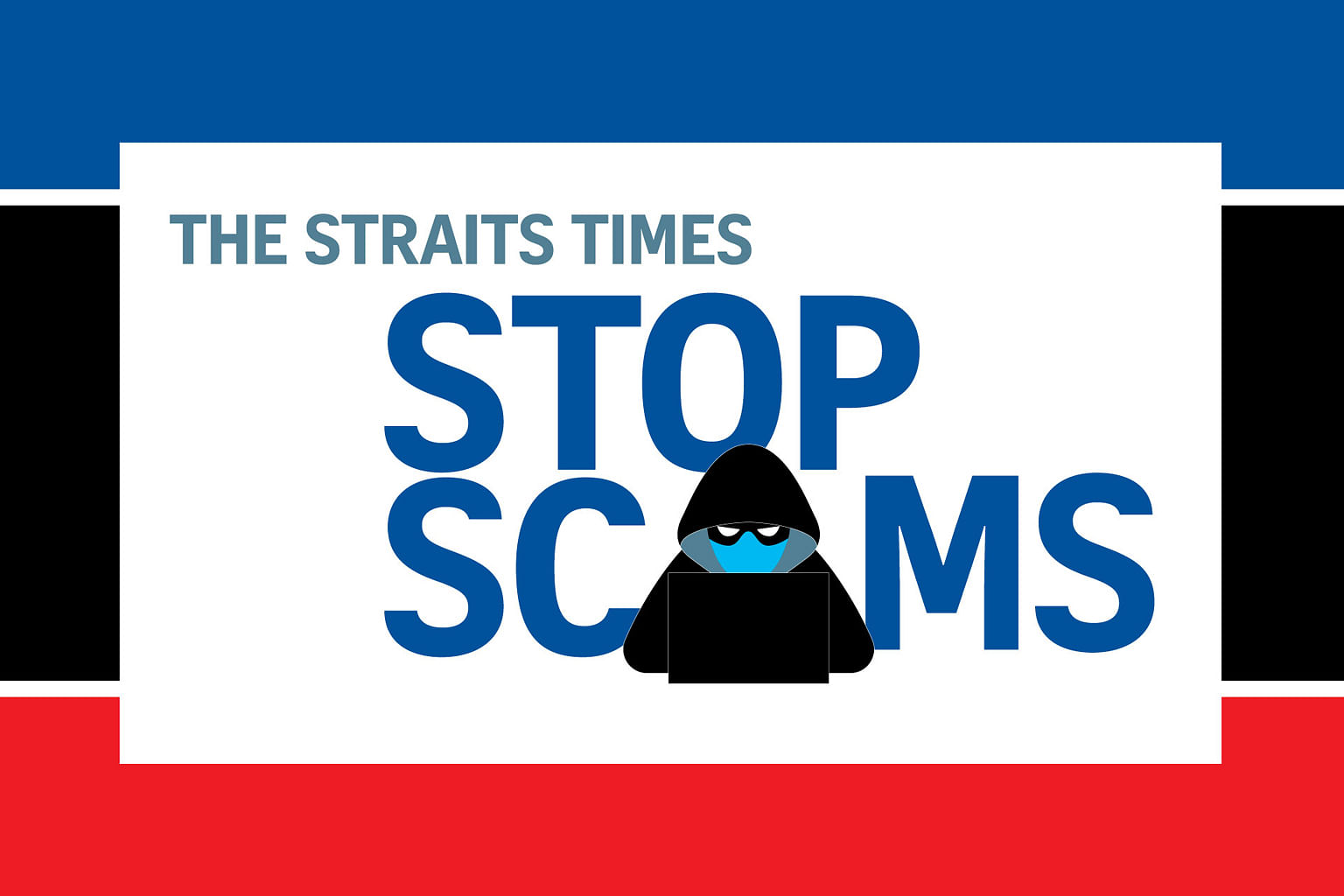First man who admitted to role in OCBC scams to undergo reformative training
Sign up now: Get ST's newsletters delivered to your inbox

Leong Jun Xian will be detained in a centre and made to follow a strict regimen that can include foot drills and counselling.
ST PHOTO: KUA CHEE SIONG
Follow topic:
SINGAPORE - The first man who had admitted to his role in the OCBC Bank phishing scams involving about $12.8 million was on Tuesday (July 5) ordered to undergo reformative training for at least a year.
This means that Leong Jun Xian, 21, who was involved in money-laundering activities, will be detained in a centre and made to follow a strict regimen that can include foot drills and counselling.
Addressing him directly before handing down the sentence, District Judge Kessler Soh said that Leong is still young. But he also said that Leong had committed a number of serious offences and deterrence was necessary.
The judge told Leong: "There are many areas (in your life) that need to be improved. Your attitude, your peers. You need to be engaged in more constructive things."
Leong had pleaded guilty on April 20 to a charge under the Organised Crime Act as well as two counts each of dealing with the benefits of criminal conduct and rioting.
In earlier proceedings, the court heard that Leong had been assessed to be unsuitable to be given probation for his offences. It was, instead, recommended that he undergo reformative training.
The reasons why probation was not recommended to Leong were not disclosed last month.
But on Tuesday, Deputy Public Prosecutor Jason Chua highlighted to the court the seriousness of Leong's offences and the need for reformative training for his rehabilitation.
Leong and six other young people were charged in February over their alleged involvement in the scams. Their cases are pending.
They include Brayden Cheng Ming Yan, 19, Jovan Soh Jun Yan, 20, Muhammad Khairuddin Eskandariah, 20, and Lim Kai Ze, 21.
Two others cannot be named as they were below the age of 18 when they allegedly committed some offences.
Between Dec 8 last year and Jan 19, the police received 768 reports from OCBC account holders who had fallen prey to phishing scams perpetrated by unknown scammers.
The victims reported that their bank accounts had been compromised and funds were transferred out without authorisation. The court heard that they suffered losses of about $12.8 million in total.
Court documents showed that Leong and other young people - including Cheng, Soh, Khairuddin and Lim - had worked together as a group to provide money laundering services to various unknown people believed to be linked to overseas syndicates.
Leong and the others allegedly sourced for and provided control of bank accounts to these unknown people.
Some of these bank accounts were later used to receive and dissipate funds from OCBC customers who fell prey to the scams.
Other accounts were used to receive and dissipate funds from victims of separate scams.
The syndicates are said to have instructed the young people to withdraw cash from automated teller machines, communicating with them through three different chat groups on messaging platform Telegram.
The chat groups are known as K2, G5 and one identified by an emoji of a Singapore flag.
The young people worked with "William" - also known as "Huang Fei Hong"- in K2, "Huang Da Ge" in G5 and "Terry" in the Singapore flag group, the court heard.
They allegedly used a fourth Telegram chat group, called Mobile Legends, to communicate among themselves.
Leong was a member of all four chat groups. He also had his own agents working under him to source for bank accounts, which would be provided to the syndicates.
William had promised him a salary of $3,000 a month, with an additional $600 to $800 per bank account provided.
The prosecution had said that between December last year and February, at least 16 bank accounts were allegedly provided to the syndicates in the Telegram chat groups, with Leong providing 12 of them.
These 16 bank accounts were then used to receive nearly $600,000 from victims of various scams.
OCBC said in January that it had made full goodwill payouts to all victims of the scams.
In February, OCBC introduced a "kill switch" that lets customers freeze their bank accounts if they suspect that they have been scammed or believe key account-related details have been compromised.
Separately, Leong had also admitted in April that he was a secret society member who was involved in two rioting incidents - one at Oriental Plaza mall in New Bridge Road on Nov 20, 2020, and the other at the void deck of Block 422 Bedok North Road on Jan 10 last year.
On Tuesday, defence lawyer Audrey Koo pleaded for Leong to be given a shorter stint of reformative training, stressing that it was important for him to foster closer ties with his family.
She told Judge Soh that Leong was willing to change, and his family was willing to support his rehabilitation. Ms Koo added that Leong was now closer with his family and had been doing household chores at home.
His father had also been conducting random checks on Leong's mobile phone and bank account, the court heard.
For each count of dealing with the benefits of criminal conduct, an offender can be jailed for up to 10 years and fined up to $500,000.
For rioting, an offender can be jailed for up to seven years and caned for each charge.


